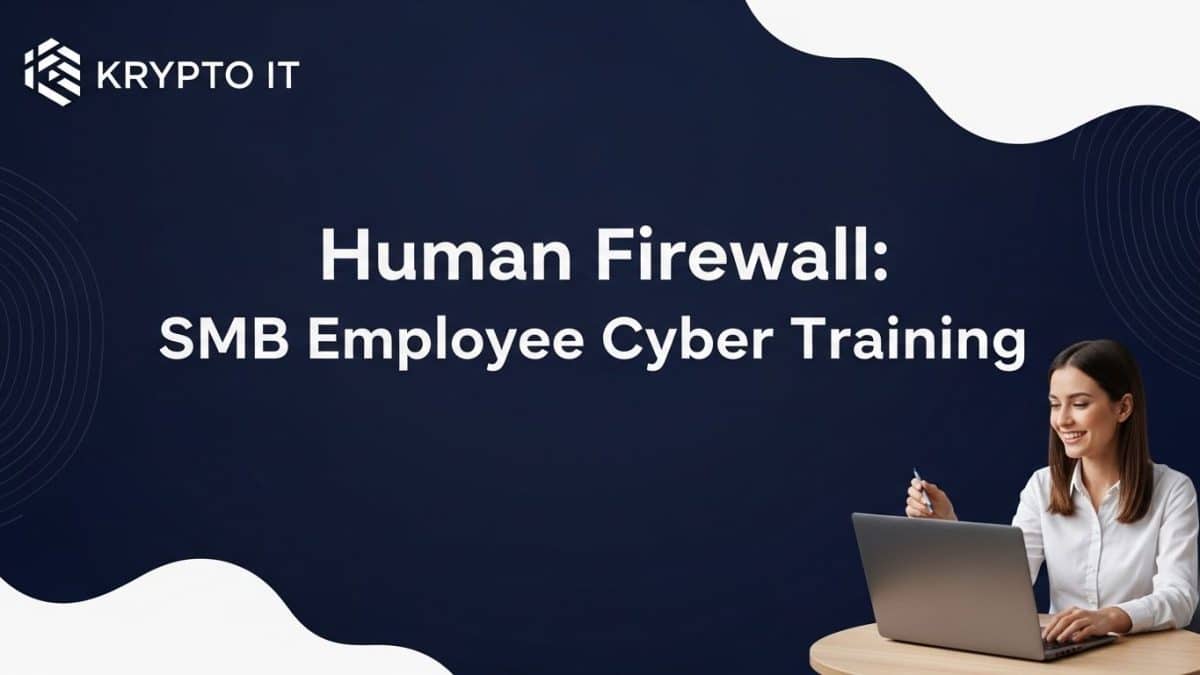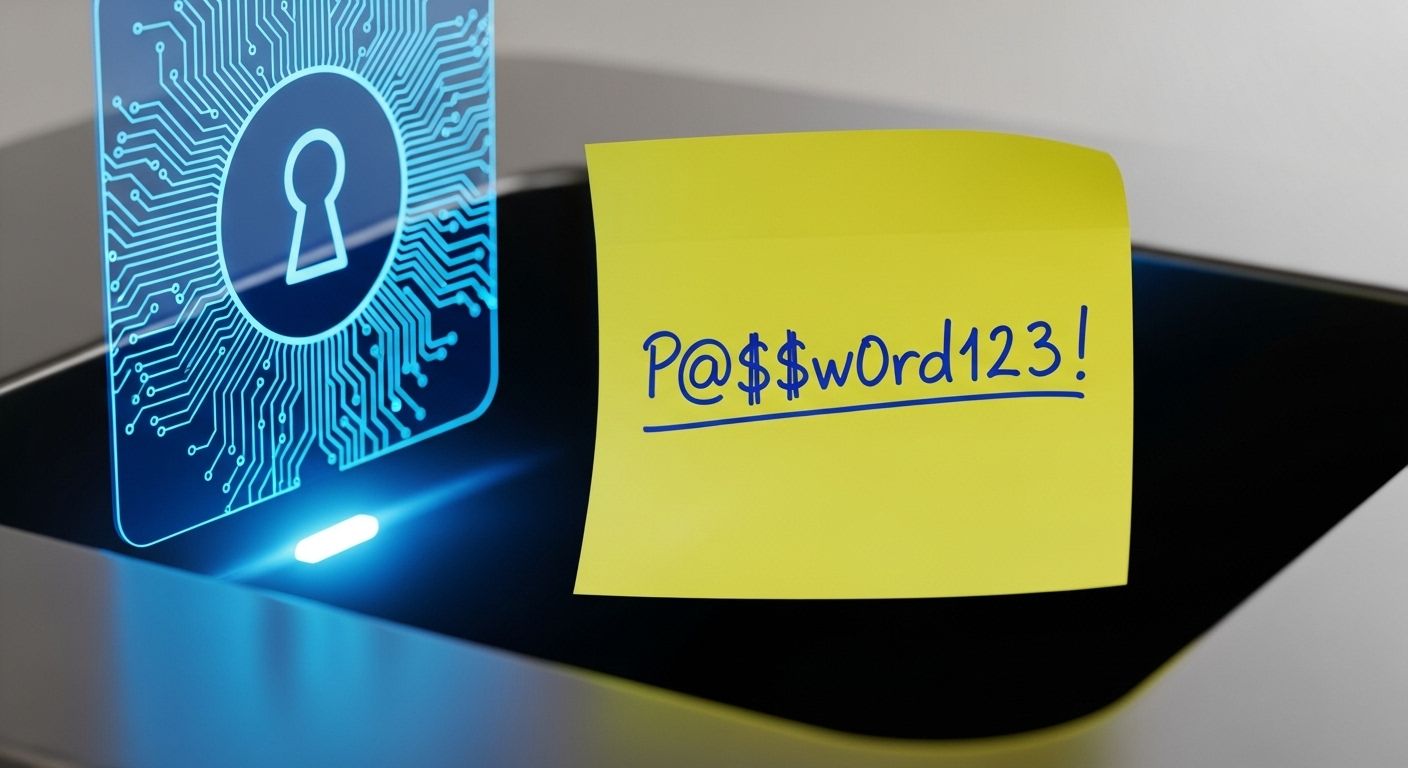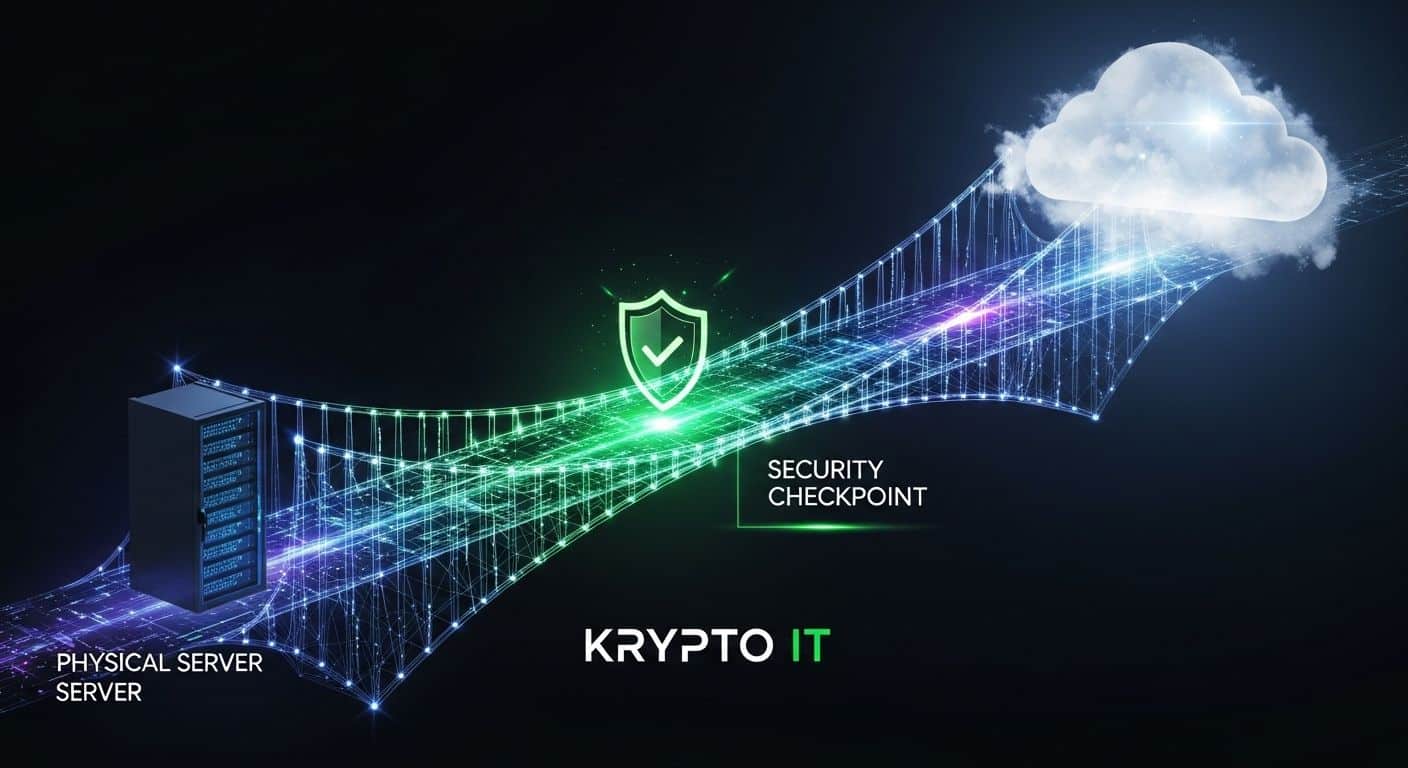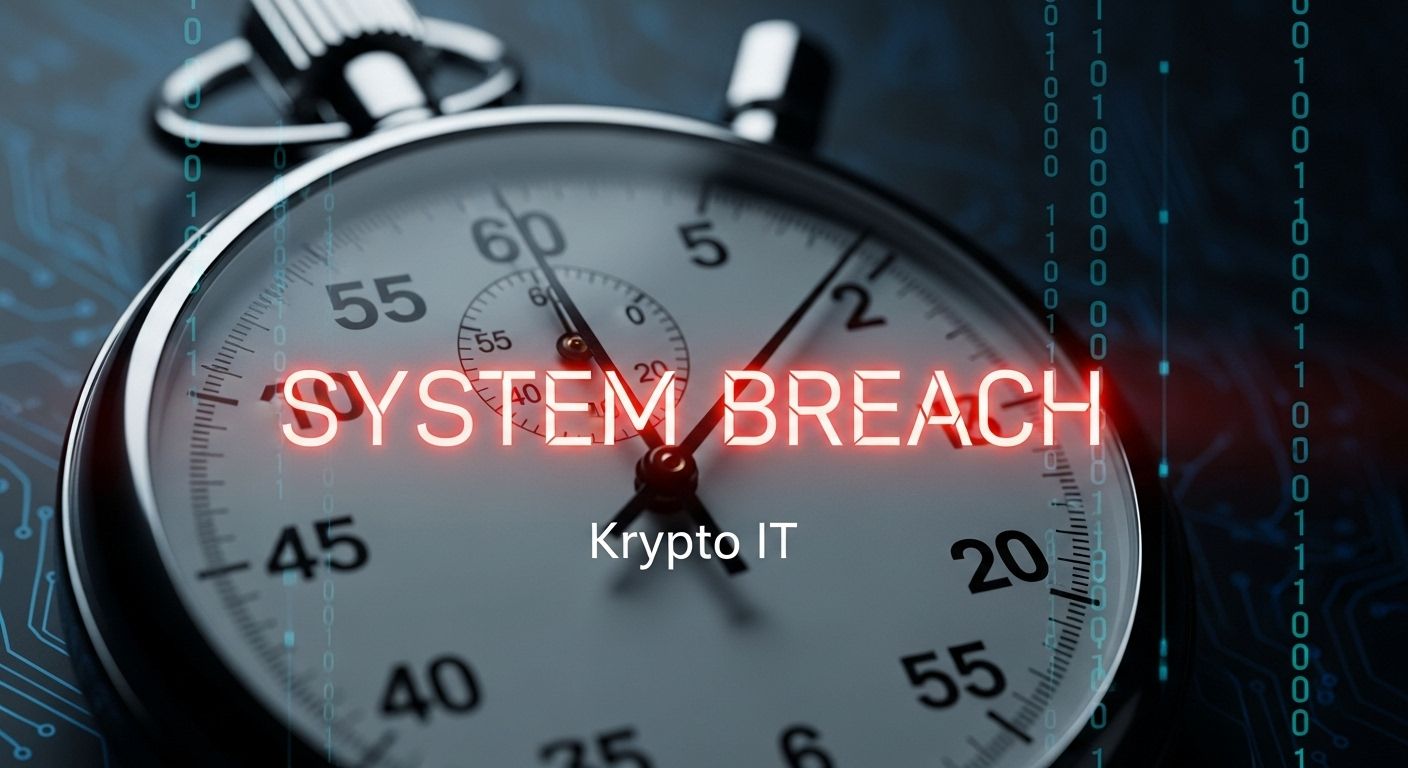
Password Perfection: Level Up Your SMB’s Login Game
July 15, 2025
Teams Targeted: Matanbuchus 3.0 Spreads
July 17, 2025Empowering Your Houston Team to Fight Cyber Threats
In the intricate world of cybersecurity, technology often takes center stage. We invest in firewalls, antivirus software, and sophisticated threat detection systems. However, one of the most critical – and often overlooked – layers of defense is your own team. Your employees interact with your digital assets every day, making them the frontline against cyber threats. Comprehensive employee cybersecurity training is no longer a nice-to-have; it’s a fundamental necessity for Small and Medium-sized Businesses (SMBs) in Houston looking to protect themselves from increasingly sophisticated attacks.
Turning your team into a vigilant “human firewall” can significantly reduce your risk of falling victim to phishing scams, malware infections, data breaches, and other costly cyber incidents. Investing in their education and awareness is an investment in the security and longevity of your business.
The Human Element: Why Employees Are Prime Targets
Cybercriminals understand that exploiting human vulnerabilities is often easier and more effective than trying to breach complex technical defenses. Social engineering tactics, like phishing, prey on human psychology – trust, curiosity, fear, and urgency – to trick employees into:
- Revealing sensitive information (login credentials, financial data).
- Clicking malicious links that download malware.
- Opening infected attachments.
- Transferring funds to fraudulent accounts.
Without proper training, your employees can become unwitting accomplices in cyberattacks, inadvertently opening the door to significant damage.
Key Areas Your Cybersecurity Training Should Cover
A comprehensive cybersecurity training program for your Houston SMB should address a range of critical topics:
- Phishing and Social Engineering Awareness:
- Identifying phishing emails, including common red flags like suspicious sender addresses, grammatical errors, urgent requests, and unusual attachments.
- Recognizing spear phishing (targeted attacks) and whaling (attacks targeting executives).
- Understanding smishing (SMS phishing) and vishing (voice phishing) tactics.
- Learning how to hover over links before clicking and verifying sender authenticity.
- Knowing what to do if they suspect a phishing attempt (reporting procedures).
- Password Security Best Practices:
- Creating strong, unique passwords for all work accounts.
- Understanding the dangers of password reuse across personal and professional accounts.
- Using password managers effectively.
- Recognizing and avoiding common weak password mistakes.
- Multi-Factor Authentication (MFA):
- Understanding what MFA is and why it’s crucial.
- Using authenticator apps, hardware tokens, or other MFA methods correctly.
- Being vigilant about unexpected MFA prompts and knowing when to deny them.
- Malware Awareness and Prevention:
- Understanding different types of malware (viruses, ransomware, spyware).
- Identifying suspicious attachments and downloads.
- The importance of keeping software updated and running antivirus software.
- Avoiding the use of unauthorized software or devices on the company network.
- Data Security and Privacy:
- Understanding the importance of protecting sensitive company and customer data.
- Following data handling policies and procedures.
- Recognizing and reporting potential data breaches.
- Being aware of local (e.g., Texas data breach notification law) and federal (e.g., HIPAA if applicable) regulations.
- Mobile Device Security:
- Securing company-issued and personal devices used for work.
- Using strong passcodes or biometric authentication.
- Being cautious when connecting to public Wi-Fi.
- Understanding the risks of downloading apps from untrusted sources.
- Physical Security:
- Securing physical access to company premises and equipment.
- Properly disposing of sensitive documents and media.
- Being aware of social engineering tactics that occur in person.
- Incident Reporting Procedures:
- Knowing who to contact and how to report suspicious activity or potential security incidents.
- Understanding the importance of timely reporting.
Crafting an Effective Training Program for Your Houston SMB
A successful cybersecurity training program isn’t a one-time event; it’s an ongoing process. Here’s how to make it effective for your Houston team:
- Make it Relevant and Engaging: Use real-world examples and scenarios that resonate with your employees’ daily tasks. Avoid overly technical jargon.
- Keep it Concise and Frequent: Break down training into shorter, more digestible modules delivered regularly (e.g., monthly or quarterly). Microlearning can be highly effective.
- Use Multiple Formats: Incorporate a variety of training methods, such as interactive online modules, short videos, live webinars, and in-person workshops.
- Simulate Attacks: Conduct realistic phishing simulations to test your employees’ awareness and reinforce training. Provide immediate feedback and targeted retraining for those who click.
- Tailor to Different Roles: Customize training content to address the specific risks and responsibilities of different departments or job functions.
- Track Progress and Measure Effectiveness: Monitor employee participation and assess their understanding through quizzes or simulated scenarios. Adjust the program based on the results.
- Foster a Security-First Culture: Encourage open communication about security concerns and make cybersecurity a shared responsibility across the organization. Recognize and reward security-conscious behavior.
- Regularly Update Content: The threat landscape is constantly evolving. Ensure your training materials are up-to-date with the latest attack tactics and best practices.
The ROI of Investing in Employee Cybersecurity Training
While there’s a cost associated with implementing and maintaining a cybersecurity training program, the return on investment can be significant:
- Reduced Risk of Breaches: A well-trained workforce is far less likely to fall victim to social engineering attacks, significantly lowering your risk of data breaches and malware infections.
- Lower Incident Response Costs: By preventing successful attacks, you avoid the significant costs associated with incident response, data recovery, legal fees, and regulatory fines.
- Improved Compliance: Training can help your organization meet the requirements of various industry regulations and compliance frameworks (e.g., HIPAA, PCI DSS).
- Enhanced Reputation: Preventing security incidents helps maintain customer trust and protect your business’s reputation.
- More Secure Environment: A security-conscious workforce contributes to a more secure overall IT environment.
Krypto IT: Empowering Your Human Firewall in Houston
Krypto IT understands the unique cybersecurity challenges faced by SMBs in Houston. We offer comprehensive employee cybersecurity training programs tailored to your specific needs, helping you transform your team from a potential vulnerability into your strongest line of defense. Our engaging and effective training empowers your employees with the knowledge and skills to identify and avoid cyber threats, creating a more secure and resilient business.
Don’t leave your security to chance. Invest in your human firewall.
Contact Krypto IT today for a free consultation to learn how our employee cybersecurity training can protect your Houston SMB.




